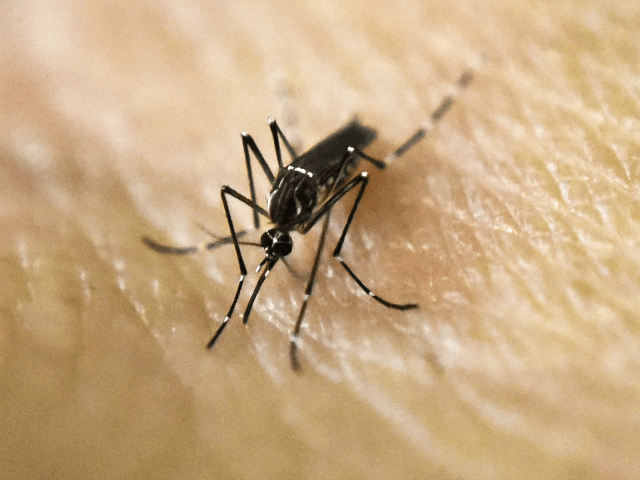A handful of Zika virus cases have turned up in the United States, but so far, all but one of those infected are people who have recently traveled to affected countries.
On Thursday, KMTV reported two cases of Zika had been identified in Nebraska. Both cases involved women in their 20s who had recently traveled to countries where the virus is spreading.
On Wednesday, the governor of Florida declared a state of emergency in four counties where the virus has been identified. So far, nine cases of Zika have been identified in the state, all of them connected to recent travel abroad.
Earlier this week, Texas health authorities confirmed the first case of Zika in someone who had not traveled abroad to an affected country. The virus is believed to have spread through sexual contact with a person who had recently traveled abroad and become infected. This was only the second reported case of sexual transmission of the disease, and some experts are expressing caution that the scientific link for such transmission is not yet proven. The total number of Zika cases in Texas currently stands at ten.
Zika is a virus transmitted to humans through mosquito bites. The disease causes relatively mild symptoms, including joint pain and red eyes, in about 20% of individuals who are infected. However, the disease has been linked to a serious birth defect called microcephaly, which causes children to be born with smaller than normal heads and damaged brains.
The disease is currently spreading throughout Brazil since an outbreak began in May of 2015. More than 4,000 cases of microcephaly in Brazil are suspected to have been caused by the virus, which is also spreading in Central America, Mexico, and the Caribbean.
The World Health Organization (WHO) has declared the spread of the virus an international public health emergency because of the suspected link to microcephaly; however, WHO did not advise pregnant women to avoid affected areas. Some have seen this as politically motivated since Brazil is hosting the Olympics this summer.
The Centers for Disease Control (CDC) has recommended that pregnant women consider postponing travel to areas where the virus is spreading. Women who must travel to these areas are advised to take precautions to avoid mosquito bites.
There is currently no vaccine available to prevent Zika infection.

COMMENTS
Please let us know if you're having issues with commenting.